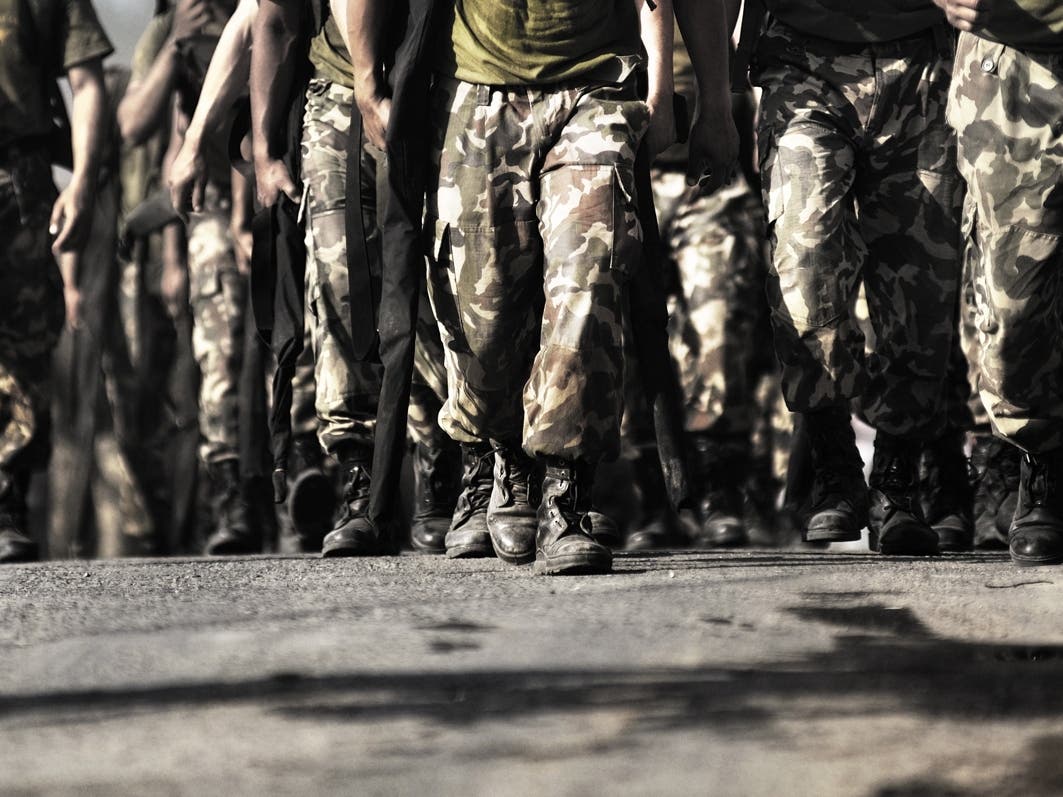Politics & Government
He Was Accused Of Sexual Assault, She Of Using Drugs
The military dealt with them very differently.

By Ren Larson, Vianna Davila and Lexi Churchill, ProPublica
Aug. 15, 2022
Military commanders have the power to detain service members ahead of trial through a process known as pretrial confinement. Commanders consider whether the suspect may flee or reoffend and if less severe restrictions can keep the person out of trouble.
Find out what's happening in Across Americawith free, real-time updates from Patch.
An investigation by ProPublica and The Texas Tribune into the Army’s use of pretrial confinement found that soldiers who were detained weren’t always the ones accused of the most serious crimes.
Below are examples of how a soldier accused of sexual assault and another accused of drug offenses were treated differently.
Find out what's happening in Across Americawith free, real-time updates from Patch.
Private first class
Private
Christian Alvarado:
8% of sexual assault cases tried or arraigned at courts-martial in the past decade resulted in pretrial confinement
Olivia Ochoa:
18% of drug cases tried or arraigned at courts-martial in the past decade resulted in pretrial confinement
Christian Alvarado:
Alvarado was sentenced to 18 years in a military prison and given a dishonorable discharge. His case is under automatic appeal by the Army Court of Criminal Appeals, which can overturn convictions and reduce sentencing. In a letter, Alvarado told ProPublica and the Tribune that he is innocent. He and his attorney declined to answer the news organizations’ questions.
Olivia Ochoa:
Ochoa was sentenced to time served after receiving credit for the more than 100 days she spent in pretrial confinement. She was given an other-than-honorable discharge, which her lawyer is appealing, and had to forfeit some wages as part of her plea deal. Ochoa and her attorney maintain that commanders treated her unfairly and that the length of time she spent in pretrial confinement was excessive.
Source: U.S. Army records of trial, disciplinary documents and criminal investigation reports; Army Court-Martial Information System.
Graphic by Fernando Becerra and illustrated portraits by Kate Copeland for ProPublica and The Texas Tribune.
ProPublica is a nonprofit newsroom that investigates abuses of power. Sign up for ProPublica’s Big Story newsletter to receive stories like this one in your inbox as soon as they are published.